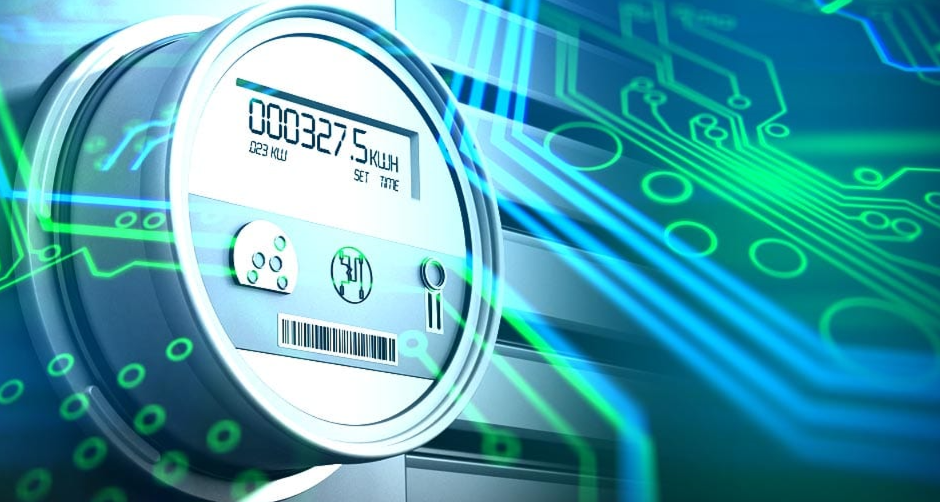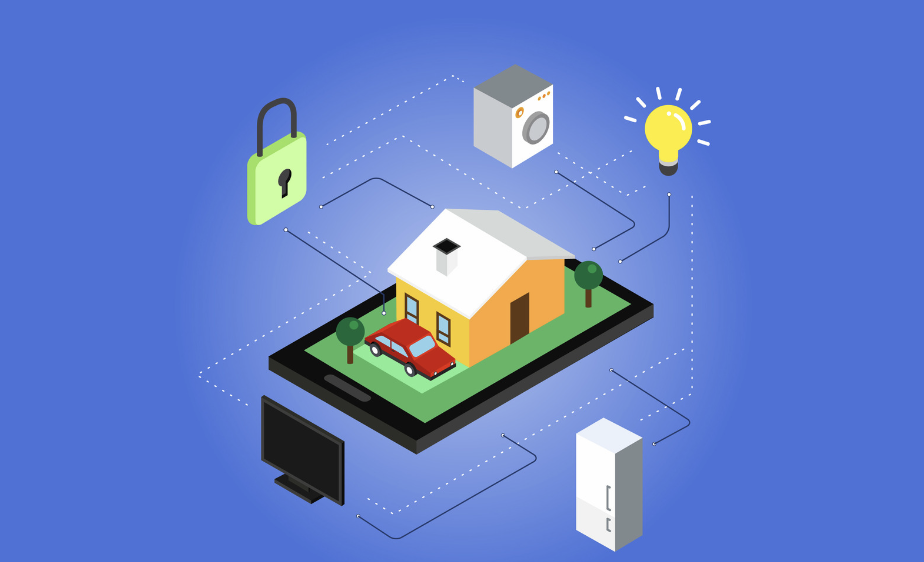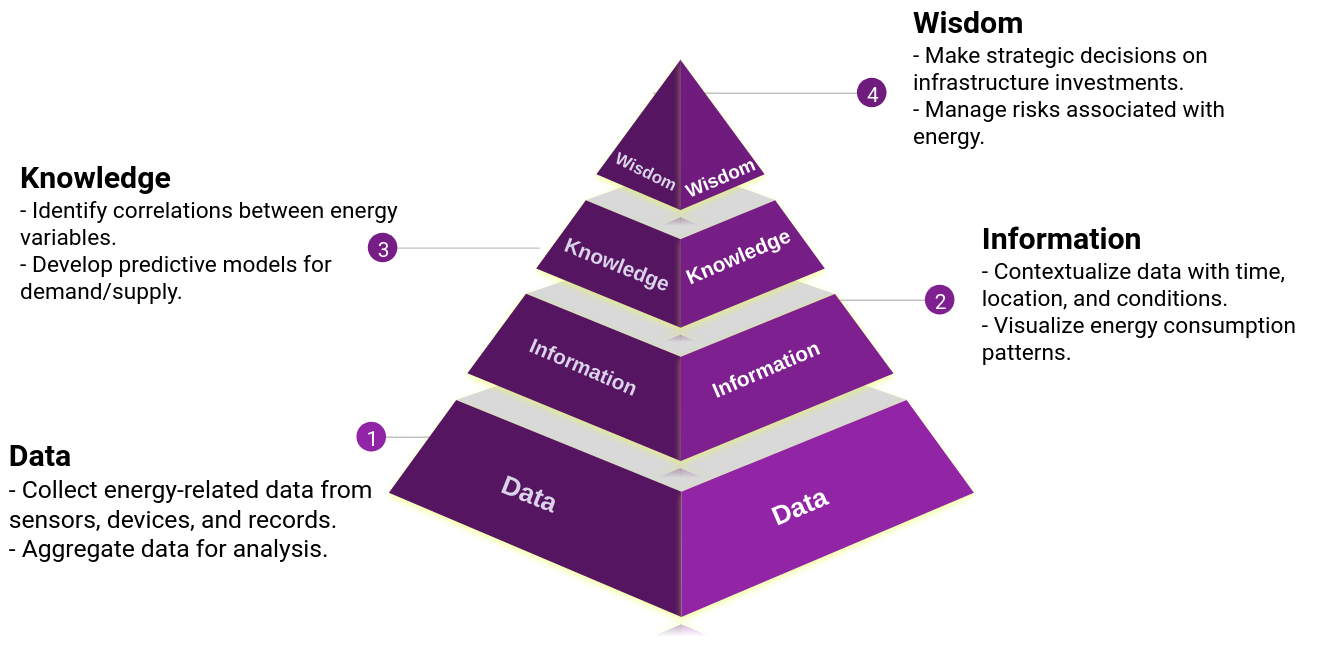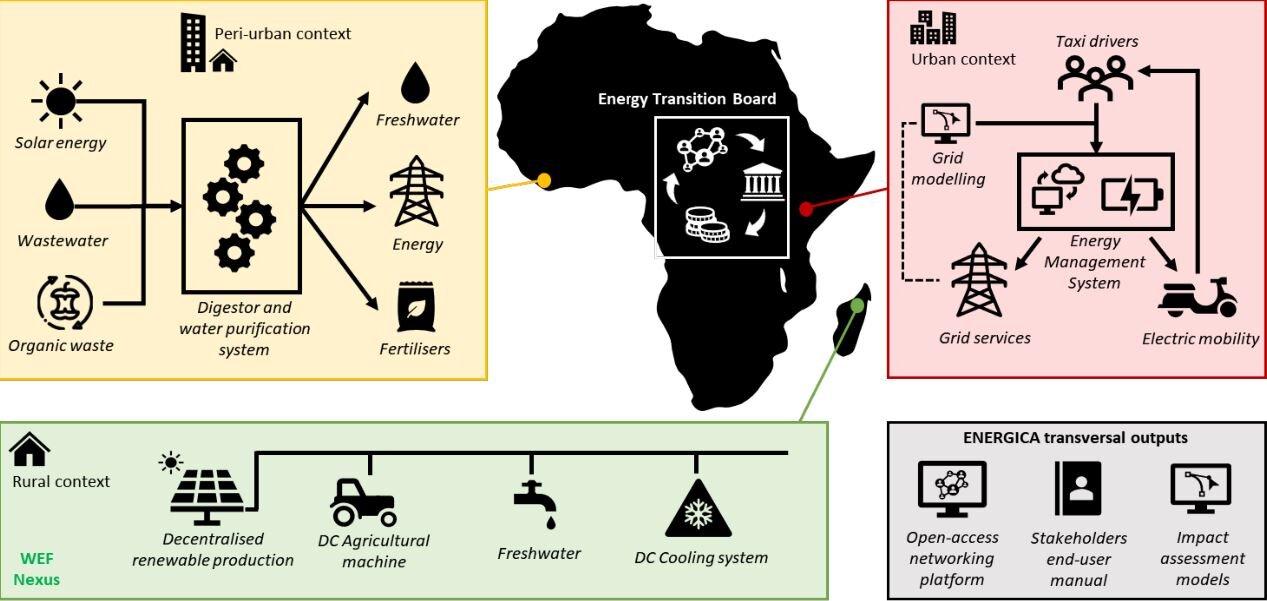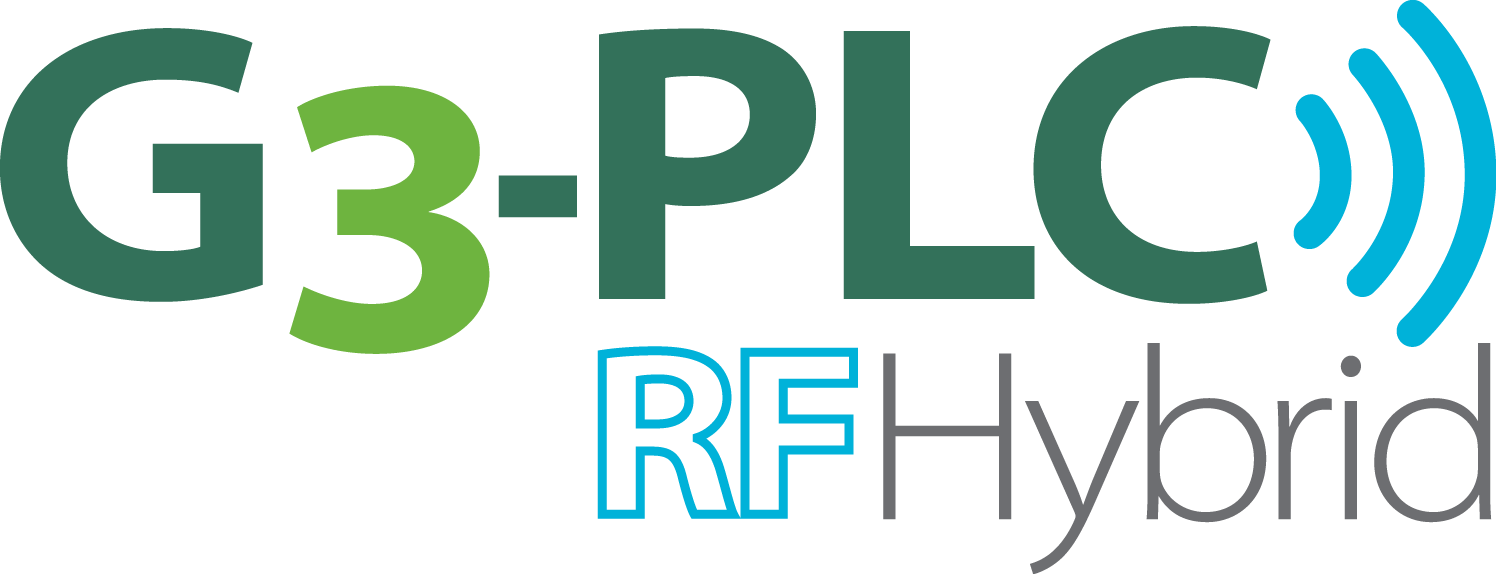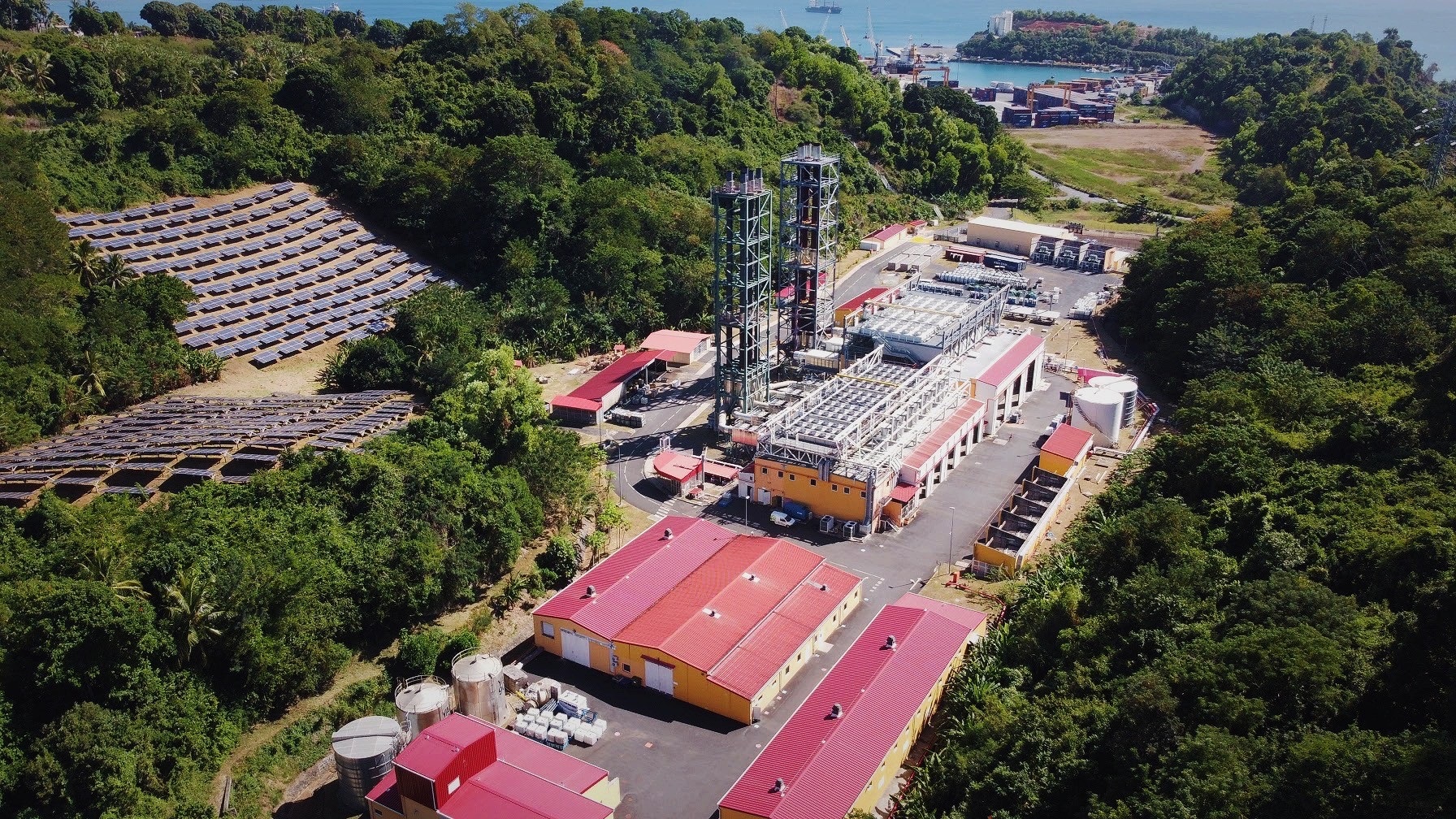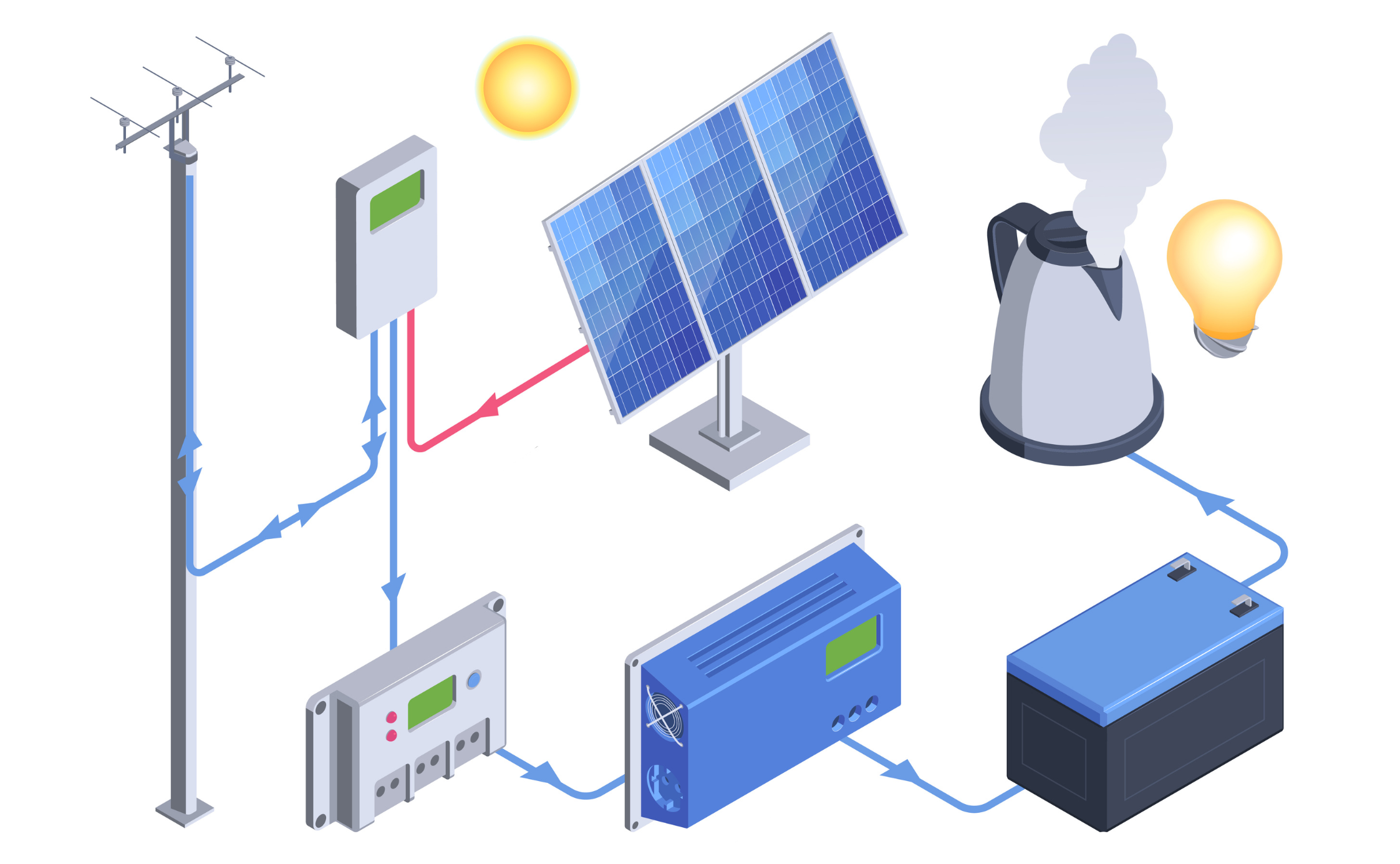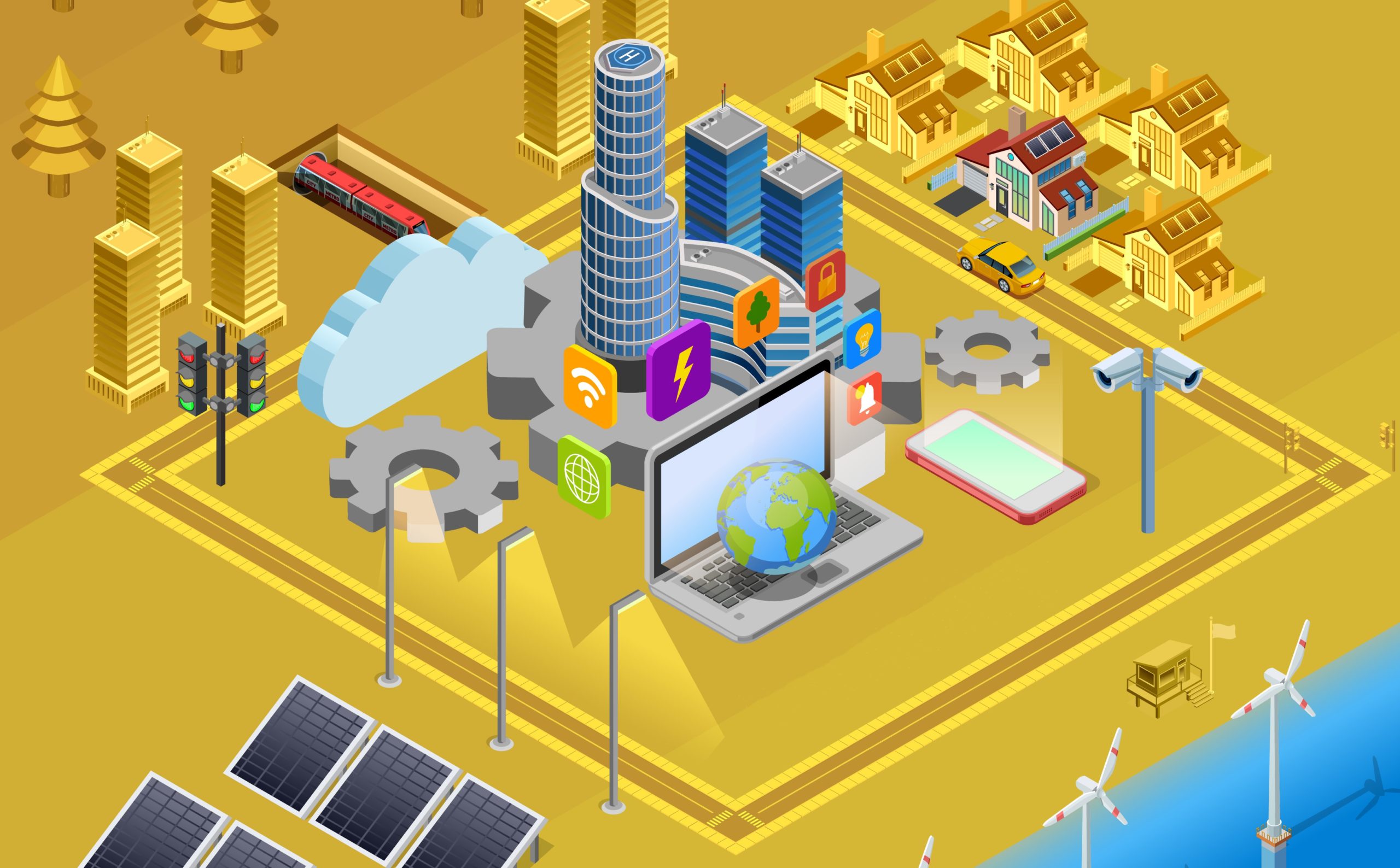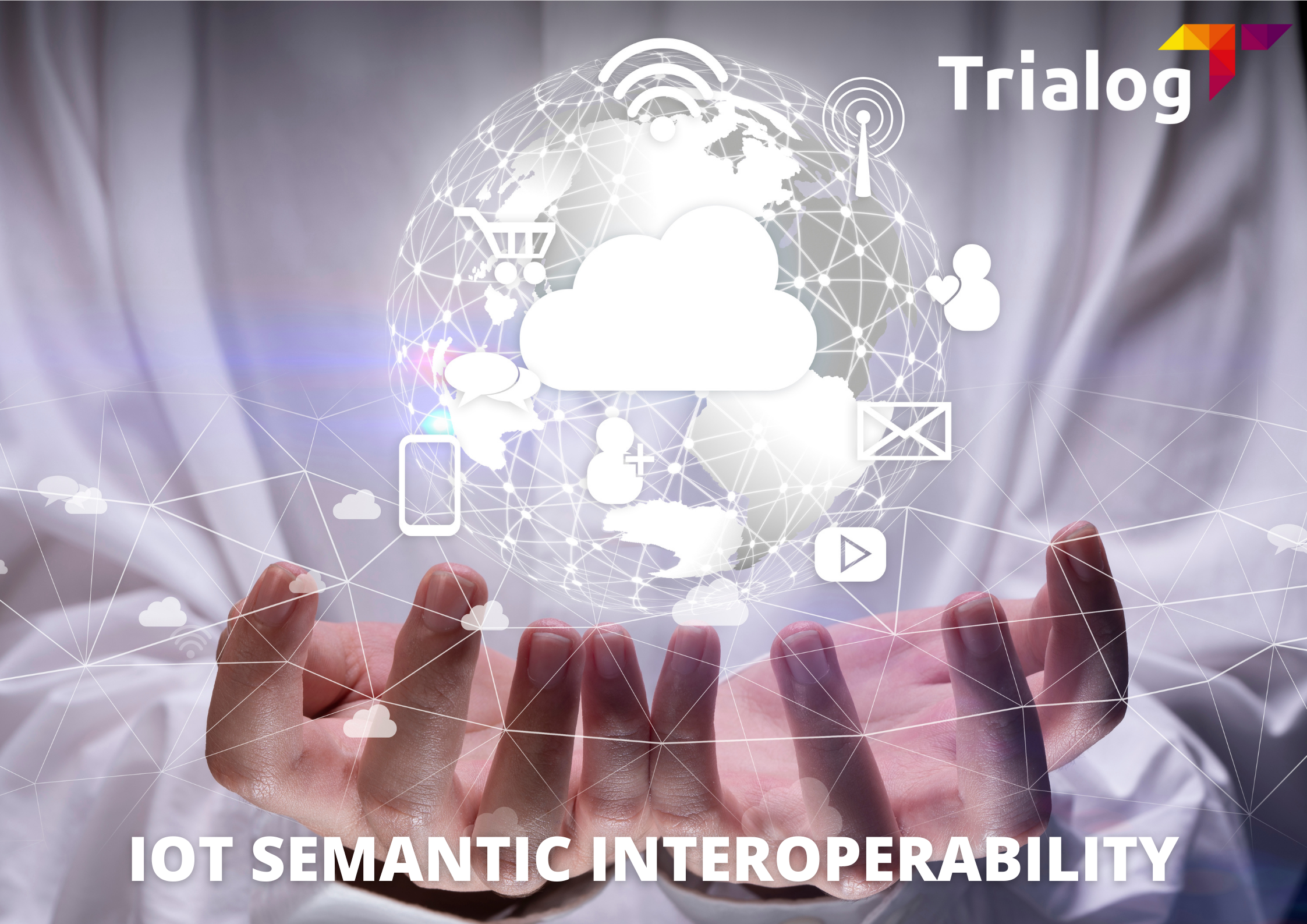Key Success factors related to G3 connectivity for Electric Smart meters deployment
DSOs are facing new challenges to deploy Electric Smart meters All DSOs have already conducted Metering projects to deploy Electric Meters. In consequence, they already know how to conduct such project and the general key success factors (e.g. defining a proper qualification process or ensuring good logistics during deployment). However, it is often the [...]
